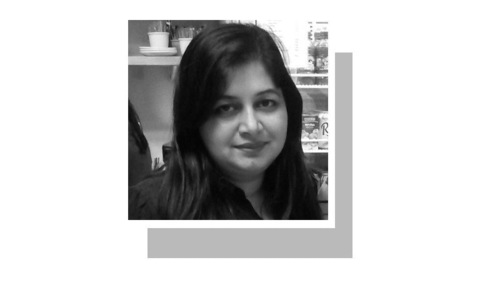JAMMU: India prime ministerial candidate and Hindu hardliner Narendra Modi promised unity and development on Sunday during a rally in the restive Muslim-majority state of Jammu and Kashmir.
Modi, a popular but polarising figure, told a rally of thousands of people that he would work for the good of the whole state through increased development if he wins a general election due next May.
The rally was the first for Modi in the region, racked by years of separatist violence, since he was named as candidate for the opposition Hindu nationalist Bharatiya Janata Party (BJP) in September.
“I am not here to talk about Hindus and Muslims. If you want progress then you need to have politics of unity and that will ensure progress,” Modi, 63, said in a speech in the Hindu-majority city of Jammu.
“We should have only one religion – nation first. There should be only one religious text – our constitution,” he said to cheers.
Security was tight in Jammu, the winter capital of India's only Muslim-majority state, with several thousand police and paramilitary forces deployed, according to local police sources.
“Security arrangements were very elaborate, not only in Jammu city but in the whole region,” Inspector General Rajesh Kumar told AFP.
A string of bomb blasts killed six people at a rally by Modi in the eastern city of Patna in October, shortly before he took to the stage.
Modi is seen by critics as a divisive figure who failed to stop the 2002 riots in the western state of Gujarat where he has governed as chief minister since 2001.
The riots killed some 1,000 people, most of them Muslims. Modi has denied any wrongdoing.
Since being named prime ministerial candidate, he has been building his image as a pro-business administrator and stressing inclusive politics.
Political leaders in recent weeks have been campaigning across the country in five state elections, which are seen as a litmus test for Modi and the ruling Congress party before the general election.
Vote-counting for all five state elections starts on December 8, with results expected soon after.
About a dozen rebel groups have been fighting Indian forces in Kashmir since 1989 for independence or a merger of the territory with Pakistan. The fighting has left tens of thousands of people, mostly civilians, dead.
Nuclear-armed India and Pakistan have fought two of their three wars over Kashmir, which is divided between the neighbours but claimed in full by both.
















































